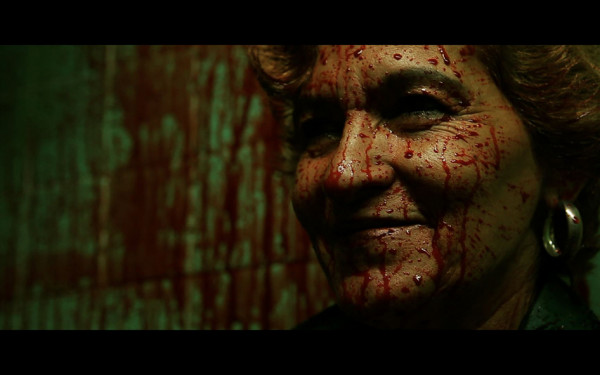Local Film Gives Montreal Minorities a Cinematic Voice
Non-art house Canadian cinema gets no respect. Whether it’s us trying out romantic comedies like Men With Brooms, buddy-cop flicks such as Bon Cop, Bad Cop or caper films like Foolproof, you can’t help but feel that the results, no matter how entertaining, are just the goofy little cousins of American blockbusters.
That could all change with the release of Sortie 67. A gangster movie in the vein of Goodfellas, it was shot and set in Montreal’s heavily-Haitian St. Michel neighbourhood. It’s a grim yet compelling look at a community that has often struggled with how it is portrayed in the media.
Jephté Bastien is the director of Sortie 67. He is soft-spoken, yet passionate—a man who pounds the table in front of him when he makes a point he considers important.
“My nephew died in 2005, and I found out two years later,” he said of his inspiration to make the movie. “When I found out, I was angry, and I wanted to do something about it. When a kid dies in those conditions, especially a black kid in a black neighbourhood, [the police] don’t investigate. They classify it as a gang-related murder, and move [onto] the next. I didn’t want him to die in vain.”
The result is a fictionalized look at gang life in one of Montreal’s poorest areas. The film follows Jecko, a young black man, growing up in foster homes and eventually gangs, as he awaits his father to be released from the prison sentence he is serving for killing Jecko’s mother.
“It’s not just another gangster flick,” said Bastien.
“It really is the story of a kid that, having suffered a [devastating] loss at such a young age, is a black kid coming up in the system,” said Danny Blanco Hall, a Montreal actor who plays a rival gang member named Blade in the film. “The group homes and everything else weren’t doing it for him, and the family that he longed for, he found in the streets. I think what the youth needs to take from it, is hope. There are options for you, there are choices, and it’s in your hands.”
Although the cast is predominantly black, Bastien insists that he does not see the issues presented in the film as being about race, saying he believes there is only “the human race.” However, he does acknowledge that race plays a major role in what many black Canadians go through on a daily basis.
“Whether you’re part of the elite of the society, when you’re black, you have something in common with the people of St. Michel,” he said. “I’ll tell you, when they look at you as a black person, the stereotype is there. Doesn’t matter how many diplomas you have on the wall, you are a nigger.”
Race is not only an issue that is portrayed in the film. The very making of the movie can be seen as a large step for visible minorities in the Quebec entertainment industry. For Natacha Noel, who plays Candy, Sortie 67 presented a unique opportunity.
“This film means I have a leading role in a French movie, in Quebec, coming out in theatres,” she said. “That could be a stepping stone for many other African-Canadian women who are actresses, who are looking to have leading roles.”
Both Bastien and Hall point to the unique language heard in the film—at times you’ll hear five different languages. Hall laughingly said that it’s the only film he’s been involved with that has three different sets of subtitles. It’s a mix that gives the film a uniquely local feel.
“This movie is a Montreal film because I depict the language aspect, the way these kids talk,” said Bastien. “They mix three languages, French, English, and Creole, because they take influences from the United States [hip-hop culture], their parents speak Creole, and they grew up here. They speak French, but not like a typical Quebecer because they do not identify with the typical Quebecer.”
If it seems a bit contradictory that Bastien also says that a movie with such a strong Montreal identity is meant to be understood universally, it isn’t. Although on the surface the film is about Haitians in Montreal, the movie has less to do with a specific race or location, and more with a problem found throughout the world: poverty.
“Whenever you have gangs, it’s when you go into poor neighbourhoods,” he said. “Those kids have no dreams or their parents are working at factories or driving a cab or doing whatever they have to do to survive in the game. For me, poverty is the source of these problems. Once you understand that we are living in a rich country, and these kids are living at the level of a third world country, you ask ‘why?’”
Noel agrees with that assessment, claiming that the movie has managed to reconcile the paradoxical ideas of making a universal statement while also being extremely focused on a single specific, unique community.
“The Haitian community is now represented on screen in a real way,” she said. “You can’t say it’s the first time there’s a Haitian person on screen, but the language and struggles are very representative of the community. If you take away the gangs, what you have are people with their struggles. Not just Haitians—whether you’re Jamaican, Latino, Arabic, you’re going to relate, because the story is broader.”
Bastien is hoping to show Sortie 67 in schools around Montreal, and is already fielding distribution offers from as far away as Ireland, as well as the United States. With this kind of reception, and a message that translates into any language, Sortie 67 could be what Quebec has been waiting for—an invitation into the mainstream.
This article originally appeared in Volume 31, Issue 12, published November 2, 2010.

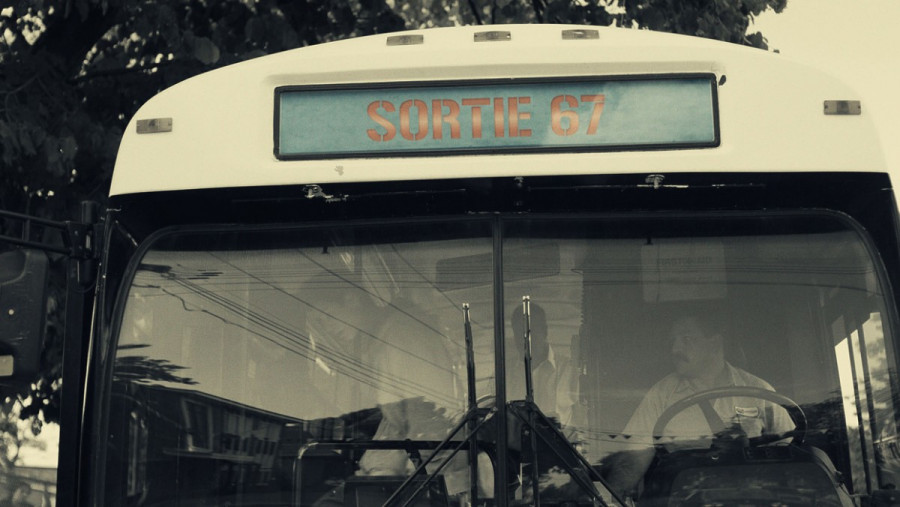
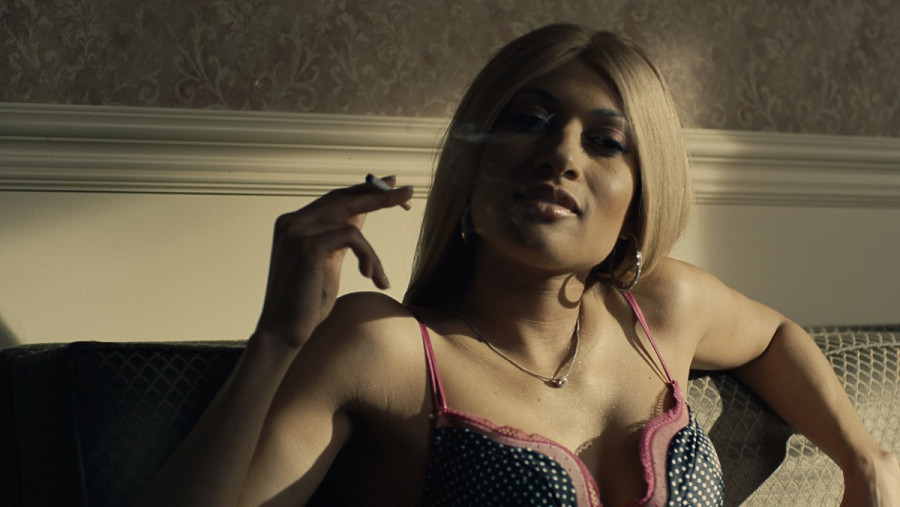
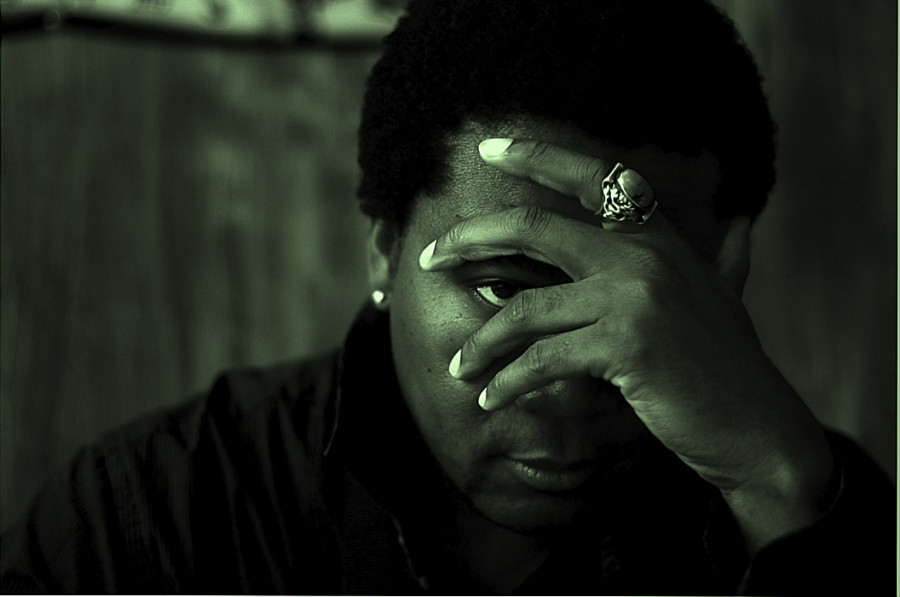
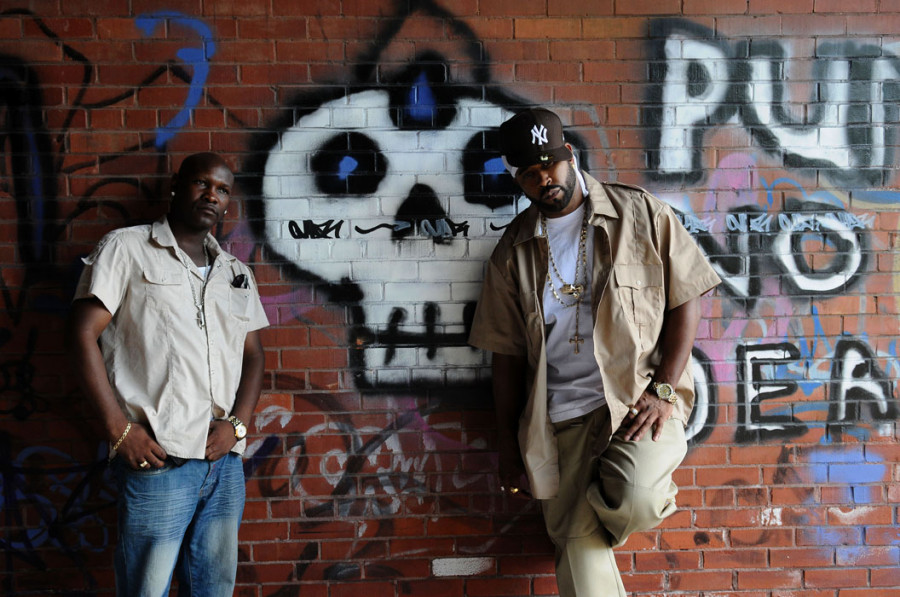
_600_832_s.png)

__600_375_90_s_c1.jpg)

